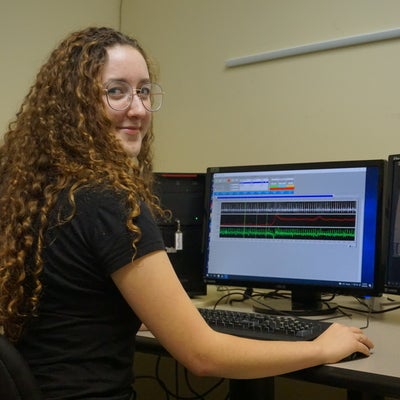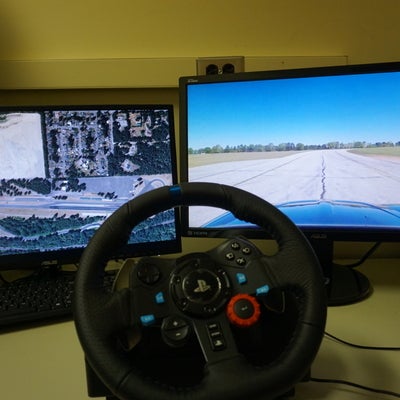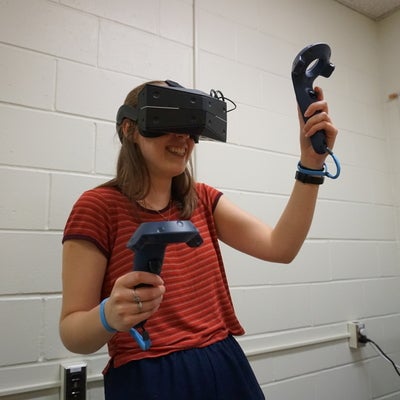We are actively pursuing a number of related lines of research.
Cognitive Offloading
We are trying to provide a deeper understanding of how we use our body and physical environment to help us think and how this coupling ultimately shapes our thinking. For example, individuals will often deal with the shortcomings of their memory systems by offloading some to-be-remembered information to an external store (e.g., saving information in a smartphone).
The Effective Design of Video Lectures
We are interested in using research in cognitive science to optimize technology mediated learning (e.g., in massive online courses). This largely involves trying to understand how best to design video-based lectures in order to produce a positive learning experience (i.e., reduce mind wandering, increase enjoyment, increase comprehension, and improve metacognition).
Perception of Effort
We are often described as cognitive misers. That is, we tend toward minimizing our cognitive effort. While this idea plays a central role in cognitive science, we know little about how individuals perceive effort (e.g., how do we decide one task is harder than another) and make judgements based on it. We are trying to provide some insight into these important issues.
We use a range of different methods depending on the nature of the question being asked, including basic behavioural methods, desktop and mobile eye tracking, individual differences, and video-based analysis of natural behaviour. We also try to employ stimuli and tasks that range from simple and highly controlled to more complex and naturalistic.





